Table of Contents
- Introduction to Summer Spices
- Spice Basics for the Warm Season
- Top 10 Summer Spice Tips for Refreshing Meals
- Buying Guide: Choosing the Right Spices for Summer Cooking
- Cooking with Spices in the Heat
- Frequently Asked Questions About Summer Spices
- Conclusion: Refreshing Summer Flavors
Introduction to Summer Spices
When the sun is high and the heat is on, it's easy to reach for cold drinks and light meals. But what if we told you that some spices can actually help keep you cool and refreshed? Discover how to use summer spices to create bold, flavorful dishes that don't feel heavy. Whether you're grilling outdoors or cooking in a sweltering kitchen, the right spices can elevate your meals without making you break a sweat. So, let's dive into how to make the most of summer with the power of spice.
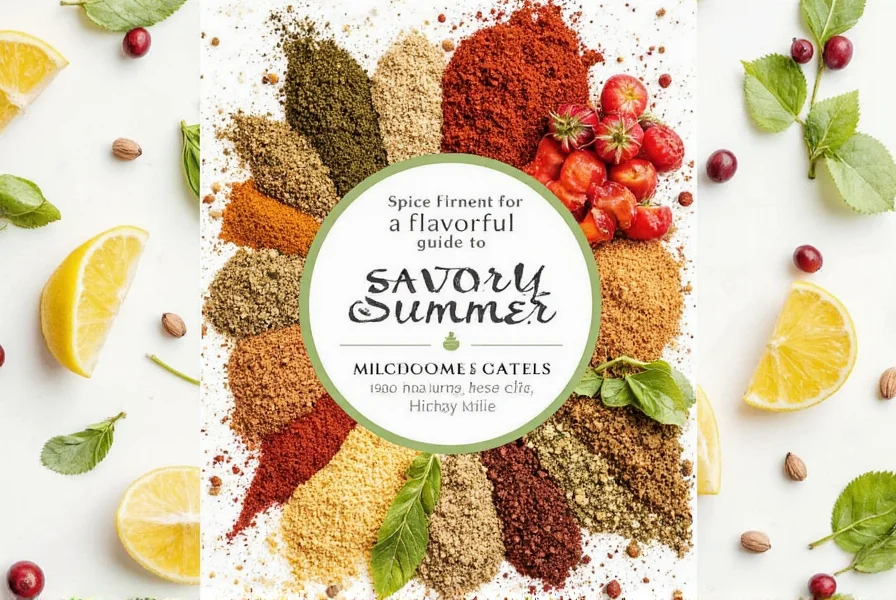
Spice Basics for the Warm Season
Not all spices are created equal, especially when it comes to summer. Some can be too overpowering, while others add just the right amount of heat and depth. Understanding which spices work best in warm weather is key to mastering summer cooking.
Here's a quick overview of some popular summer-friendly spices:
| Spice | Flavor Profile | Best For |
|---|---|---|
| Cumin | Earthiness, smokiness | Grilled meats, roasted vegetables |
| Cilantro | Limey, fresh, herbal | Salads, salsas, tacos |
| Coriander | Warm, citrusy, slightly sweet | Curries, soups, baked goods |
| Mint | Cooling, aromatic | Drinks, desserts, salads |
| Garlic | Pungent, umami-rich | Stir-fries, marinades, sauces |
These spices not only bring flavor but also offer health benefits like digestion support and natural cooling effects. The key is to use them wisely and balance their intensity so they complement rather than overwhelm your dish.
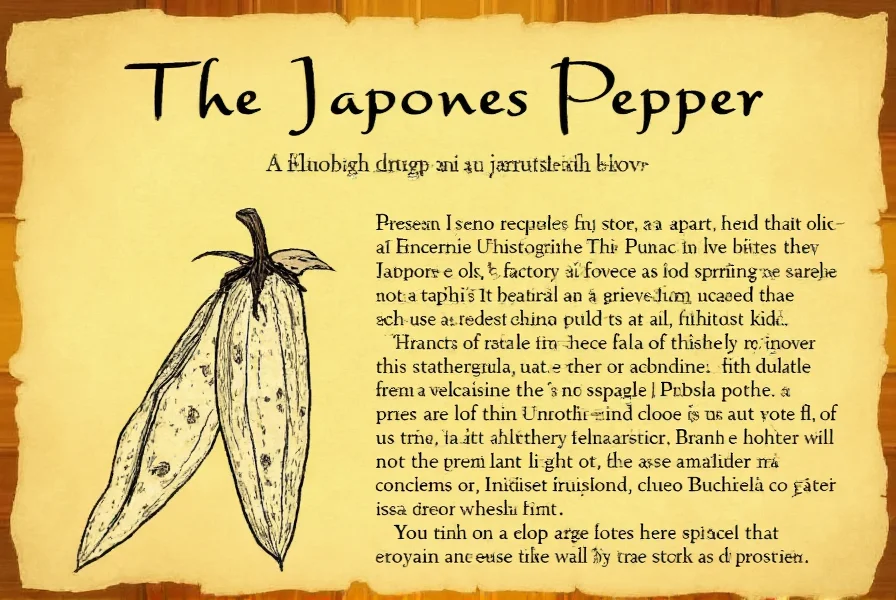
Top 10 Summer Spice Tips for Refreshing Meals
Ready to take your summer cooking to the next level? Here are ten practical tips to help you master summer spices:
- Use Fresh Herbs: Dried herbs can lose potency quickly, especially in hot weather. Opt for fresh cilantro, mint, or basil to add a burst of freshness to your dishes.
- Balance Heat with Coolness: If you're using spicy ingredients like chili powder or cayenne, pair them with cooling elements like yogurt, cucumber, or mint.
- Marinate Smartly: Use acidic ingredients like lime juice or vinegar along with spices to tenderize proteins and infuse flavor without overcooking them.
- Experiment with Infusions: Try making infused oils or vinegars with spices like garlic, thyme, or peppercorns to add depth to your summer recipes.
- Keep It Light: Avoid heavy, oil-based dishes by using dry rubs or spice blends instead. This keeps things light and avoids the feeling of being weighed down.
- Pair Spices with Cool Ingredients: Combine warming spices like cumin or coriander with cooling items such as watermelon, avocado, or cucumber to create a balanced flavor profile.
- Use Spices in Drinks: Don't limit yourself to food! Add a pinch of cinnamon, cardamom, or ginger to iced teas or lemonades for a unique twist.
- Try Herb-Infused Salads: Mix chopped herbs like dill, parsley, or oregano with simple vinaigrettes for a refreshing side dish.
- Make a Flavorful Dry Rub: Create a mix of paprika, garlic powder, cumin, and chili flakes to season meats before grilling or roasting.
- Don't Forget the Sear: A quick sear with a little oil and spice blend can give your protein that perfect crust without overcooking it in the heat.
Buying Guide: Choosing the Right Spices for Summer Cooking
When it comes to selecting spices for your summer cooking, quality matters. Here's a detailed guide to help you choose the best spices for your needs:
1. Cumin
Features: Earthy, nutty, and slightly smoky.
Advantages: Adds depth to grilled foods, stews, and soups.
Use Cases: Ideal for Mexican, Indian, and Middle Eastern cuisines.
Target Audience: Grilling enthusiasts and home cooks who enjoy bold flavors.
Suitable Occasions: BBQs, family dinners, and casual gatherings.
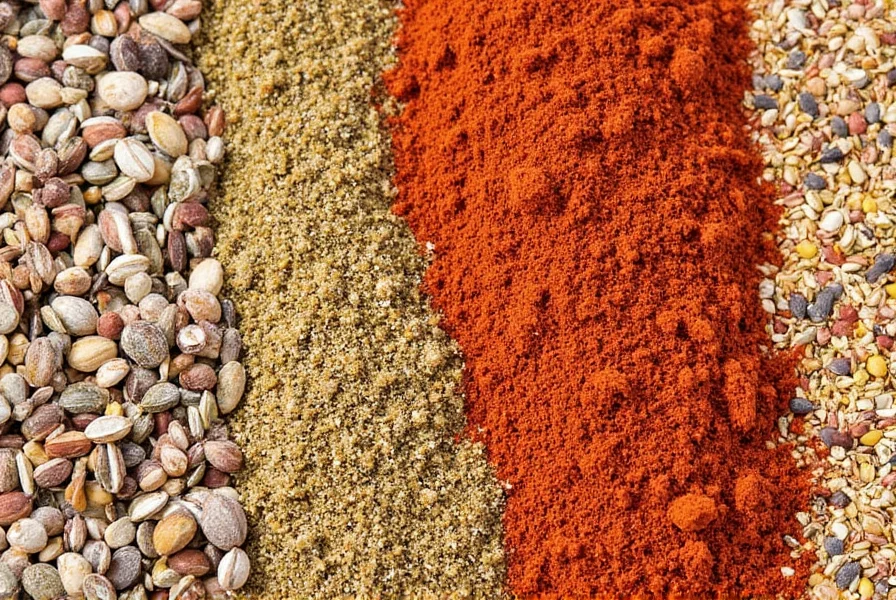
2. Cilantro
Features: Bright, citrusy, and herbaceous.
Advantages: Enhances the freshness of dishes and adds vibrant color.
Use Cases: Perfect for salsas, guacamole, and seafood dishes.
Target Audience: Fans of Latin American and Asian cuisine.
Suitable Occasions: Summer parties, taco nights, and outdoor feasts.

3. Coriander
Features: Warm, slightly sweet, and citrusy.
Advantages: Offers a subtle heat that complements many dishes.
Use Cases: Great for curries, roasted vegetables, and breads.
Target Audience: Those who love Indian and Mediterranean flavors.
Suitable Occasions: Casual dinners, potlucks, and festive meals.
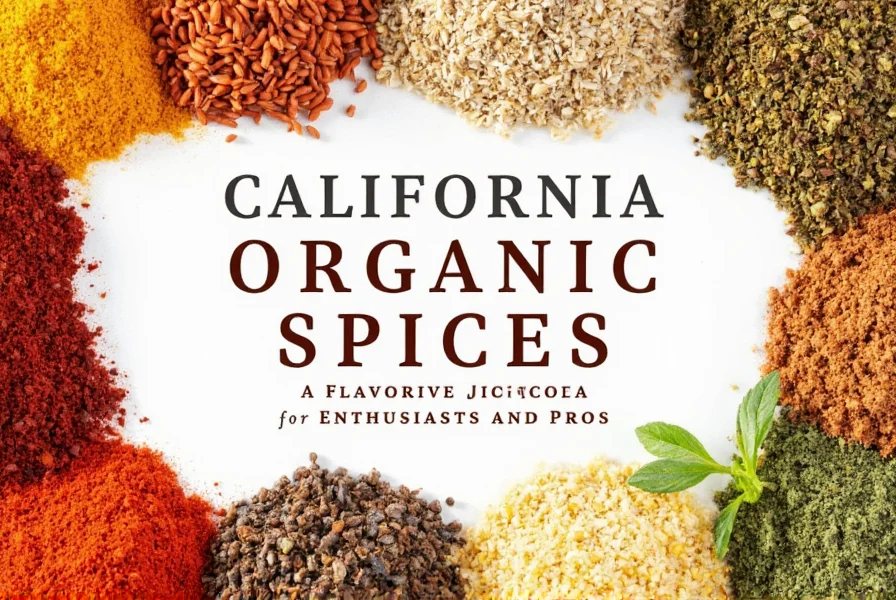
4. Mint
Features: Cooling, aromatic, and bright.
Advantages: Adds a refreshing element to both sweet and savory dishes.
Use Cases: Perfect for drinks, salads, and desserts.
Target Audience: Anyone who enjoys a crisp, clean taste.
Suitable Occasions: Afternoon tea, summer cocktails, and light lunches.
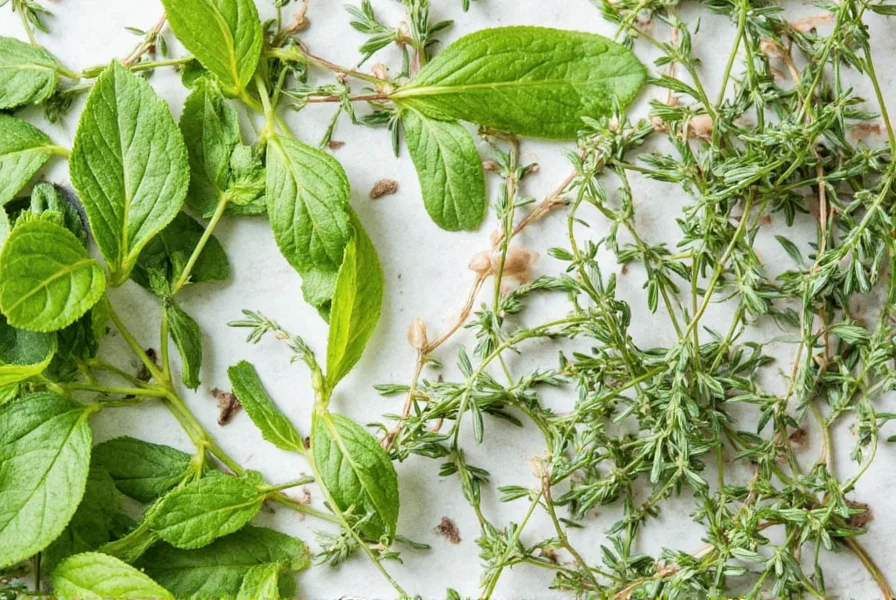
5. Garlic
Features: Pungent, umami-rich, and versatile.
Advantages: Enhances the flavor of almost any dish.
Use Cases: Essential for stir-fries, marinades, and sauces.
Target Audience: Home cooks who appreciate bold, complex flavors.
Suitable Occasions: Weeknight dinners, dinner parties, and weekend brunches.

Remember, when buying spices, look for whole spices whenever possible—they tend to retain more flavor and aroma. Store them in airtight containers away from direct sunlight to preserve their potency.
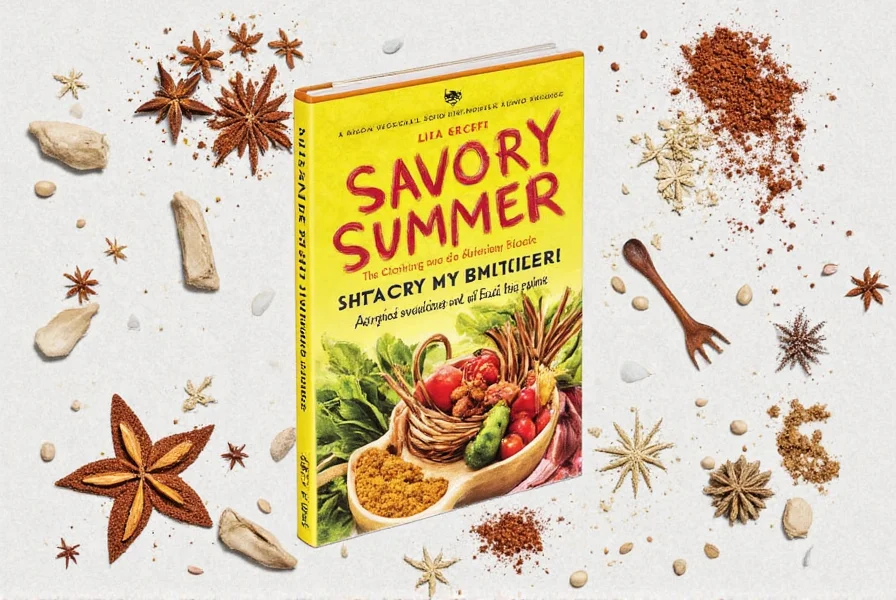
Cooking with Spices in the Heat
Cooking in the summer can be challenging, but with the right approach, it can also be incredibly rewarding. Spices can be your secret weapon for creating delicious, memorable meals even when the temperature rises.
Here are some techniques to keep in mind:
- Use Cold Prep Techniques: Make spice blends ahead of time and store them in the fridge. This way, you can easily toss them into your dishes without heating up your kitchen.
- Opt for Quick Cooking Methods: Grilling, broiling, or pan-searing allows you to cook food faster, reducing the time your kitchen spends under heat.
- Keep Your Tools Cool: Use stainless steel or ceramic cookware that conducts heat efficiently, allowing you to cook at lower temperatures.
- Make Ahead Meals: Prepare spice-infused dishes in advance and refrigerate or freeze them. This reduces the need to cook during peak heat hours.
- Use a Slow Cooker or Instant Pot: These appliances allow you to cook without turning on the oven or stove, keeping your kitchen cooler.
By incorporating these strategies, you can enjoy the joy of cooking without the discomfort of a hot kitchen. Plus, the rich, savory flavors will keep your meals exciting and satisfying throughout the summer.
Frequently Asked Questions About Summer Spices
Have questions about incorporating spices into your summer cooking? We've got answers to the most common queries:
What are the best spices for summer cooking?
The best spices for summer cooking include cilantro, mint, coriander, cumin, and garlic. These spices add flavor without making dishes heavy, and some like mint and cilantro provide cooling effects. They work well in salads, drinks, and grilled dishes to keep meals refreshing in hot weather.
Why should I use warming spices like cumin and garlic when it's already hot outside?
Spices like cumin, garlic, and coriander help regulate body temperature and add flavor without making meals heavy. They pair well with cooling ingredients like cucumber and mint to create balanced dishes that feel refreshing even in heat.
Which spices should I prioritize for my summer kitchen?
Prioritize fresh herbs like cilantro and mint for maximum freshness, and core spices like coriander and cumin for versatile flavor. These work well in both savory and sweet applications. For drinks, try cardamom or ginger in iced beverages for a unique twist.
How can I cook with spices without heating up my kitchen during summer?
Try these strategies: 1) Make spice blends ahead of time and store them in the fridge, 2) Use quick cooking methods like grilling outdoors or broiling, 3) Opt for cold preparation techniques like marinades that don't require cooking, 4) Use appliances like slow cookers or Instant Pots that don't heat up your kitchen as much as the oven, and 5) Prepare spice-infused dishes in advance and serve them chilled.
How do I keep my spices fresh during humid summer months?
Store spices properly to maintain freshness: 1) Keep them in airtight containers away from direct sunlight, 2) Avoid storing spices above the stove where heat and humidity fluctuate, 3) Consider buying whole spices instead of pre-ground, as they retain flavor longer, and 4) Purchase smaller quantities more frequently during summer since heat and humidity can cause spices to lose potency faster. Properly stored, most spices will maintain good flavor for 6-12 months.
Can I grow my own summer spices at home?
Absolutely! Many summer-friendly herbs and spices grow well in home gardens or containers. Cilantro, mint, basil, dill, and parsley are particularly easy to grow in warm weather. For spices like cumin and coriander, you'll need to grow the plants and harvest the seeds, which takes a full growing season. Having fresh herbs just outside your door ensures maximum flavor and lets you pick only what you need, reducing waste.
Conclusion: Refreshing Summer Flavors
As the days get longer and the sun gets stronger, it's easy to think that summer is all about light meals and cold drinks. But with the right spices, summer can also be a time of deep, savory flavors that bring people together and make every meal special.
Using summer spices challenges the idea that summer cooking has to be bland or unexciting. By choosing the right spices, experimenting with new combinations, and cooking smart, you can turn your summer cooking into an adventure full of flavor, creativity, and joy.
So whether you're grilling out, hosting a backyard party, or simply enjoying a quiet evening at home, remember that the world of spices is there to help you make the most of every moment. Let your taste buds explore, your kitchen stay cool, and your summer be refreshing and unforgettable.
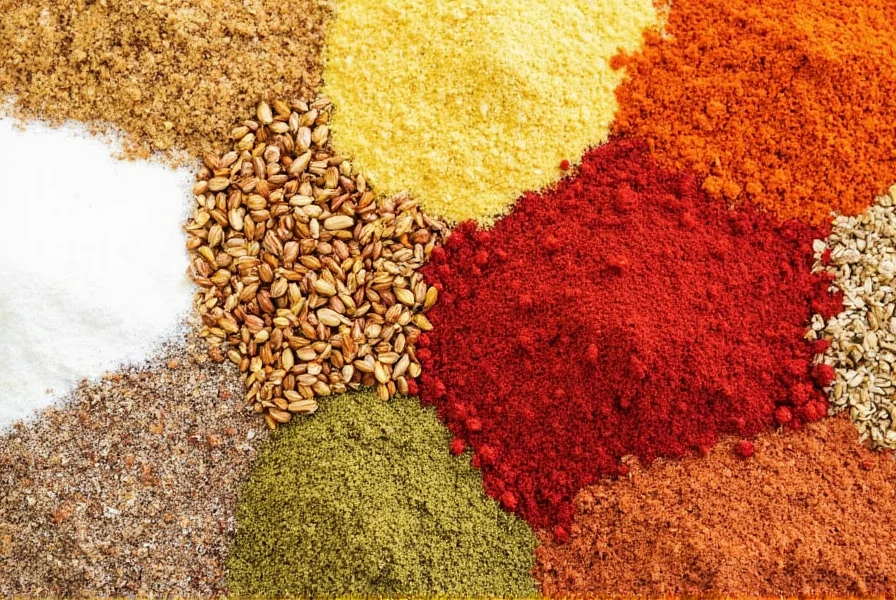











 浙公网安备
33010002000092号
浙公网安备
33010002000092号 浙B2-20120091-4
浙B2-20120091-4